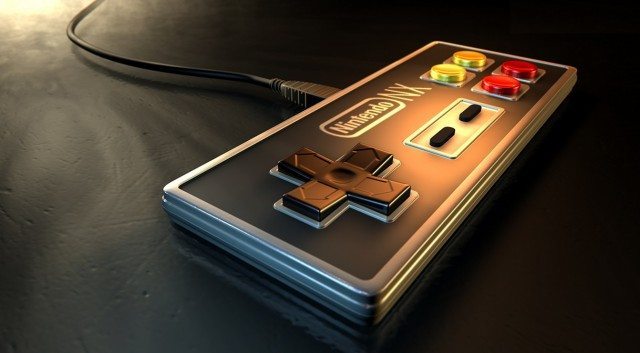
Nintendo Co., Ltd (ADR) (OTCMKTS:NTDOY) is lacking components related to its hit Switch machine. However, it is not because it cannot produce them but it is experiencing a lot of pressure from Apple. According to people in the industry, the iPhone maker is having an indirect impact on the supply of the Nintendo Switch with its increased manufacturing of components for high-end devices.
Nintendo’ biggest challenge is that it cannot afford to pay more for components and at the same time it cannot also order a higher quantity of components than that of Apple. Rumor has it that Apple is currently manufacturing ramp-up on the upcoming iPhone 8, a project that said to be part of Nintendo’s constrains. The company is also gobbling a lot of parts for other products, which would fit the needs of the Switch console.
An industrywide shortage of components
Apparently, Nintendo could be pointing fingers at Apple for its shortage of components but on the other hand, it seems like it is a problem in the industry. There has been an increasing expansion of web-based services for corporations, which is driving the demand high. Some of the components experiencing massive shortage include the likes of the NAND flash-memory chips and other digital devices.
A spokeswoman at Toshiba, one of the industrial giant counting on flash memory for survival explains, “Demand for our NAND flash memory has been overwhelmingly greater than supply, and the situation is likely to stay for the rest of this year.”
But Nintendo’s rivals could be offering better terms
Despite the challenges it is facing, Nintendo has a projection of making more than 20 million Switch units by the end of its financial year, which is in March 2018. The company sold 2.74 million Switch units in its first month on the market and there all indications that it can sell more given the current strong demand.
However, it will not be surprising to have its rivals offer better terms as well as bigger orders from the likes of Apple. That means it would get less preference from manufacturers compared to other companies.
Meanwhile, Nintendo’s closed at $38.19 witnessing an increase of $0.64 or 1.69%.




